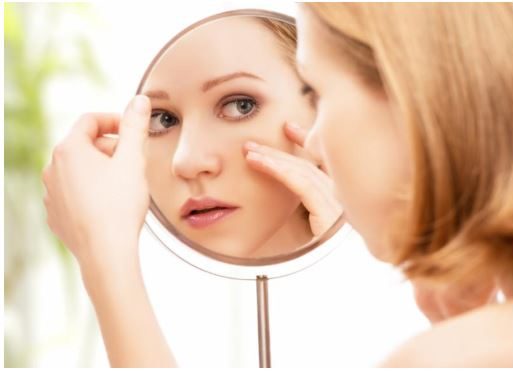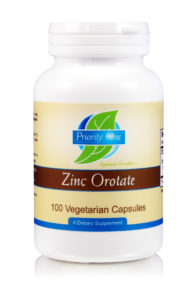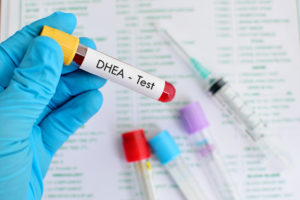Zinc for healthy glowing skin? Absolutely! Recent studies in Turkey have shown that zinc supplementation helps your body’s natural protection processes. Especially in the skin. It soothes redness and maintains normal oil production minimizing breakouts.
This research shows that people who suffer from acne have lower levels of zinc compared to the control group of those with clear skin, In one study alone the difference was 24% between the two groups.
When bacteria invade a blocked pore they sometimes cause severe irritation in the area. This is the source of the red painful bumps associated with breakouts.
Furthermore, these studies show that acne prone skin reacts stronger to this bacteria than non-acne prone skin.
Zinc is a strong antioxidant, it maintains lower levels of keratin in the skin allowing for the pores to open and remain clear easier.
Remember Zinc Orotate is known for its high bio-availability and has been shown to be effective against all breakouts.
Zinc Orotate was one of our most popular products in 2017!
To support caring for your skin and so much more, we have a special product offer for our loyal customers – Buy 2 Zinc Orotate, receive a bottle for FREE!
Post your comment below or share this blog post to enter to win a gift pack from Priority One – including a bottle of Zinc Orotate, a $25 gift certificate & a reusable bag filled with samples!



